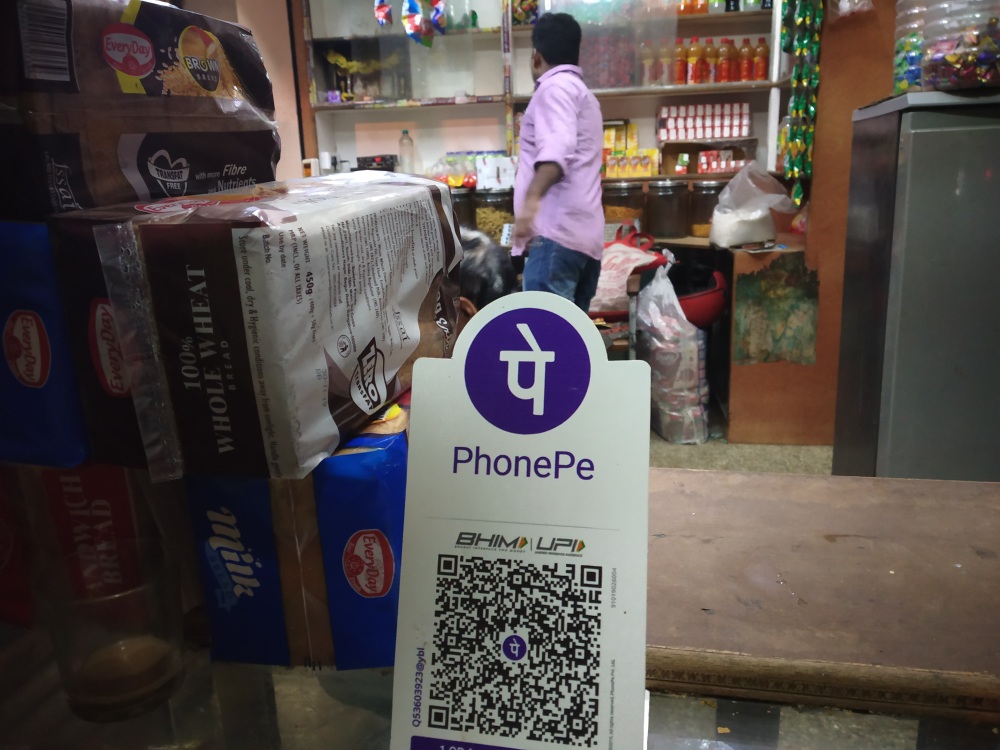Walmart-owned Indian e-commerce company Flipkart injected a total of USD 90 million into its digital payment subsidiary PhonePe and marketplace, a move comes on the heels of WhatsApp receiving regulatory nod from India to launch its payment platform and tap into the country’s burgeoning yet crowded mobile payment sector.
This is the second time PhonePe has got capital injection from its parent since the beginning of this year. In early Feburary the company just received USD 60 million from its Singapore-based parent company. To date, PhonePe’s total funding raised amounts to USD 928 million. Flipkart marketplace, on the other hand, has rasied a total of USD 1.88 billion.
PhonePe has been looking to raise independent money for some time though nothing has materialized yet and thus has to rely on its parent entity.
PhonePe competes with the likes of Paytm, Google Pay, Mobikwik, and now WhatsApp Pay which has just joined hands with local carrier Reliance Jio to pull off synergies between Reliance Retail and its e-commerce venture JioMart by connecting small and medium enterprises with buyers.
PhonePe claims to have a 200 million user base and by December last year it facilitated five billion UPI-based transactions on its platform. UPI is India’s digital payment tool that facilitates real-time transaction even for a small amount thus, it has become one of the most popular choices for digital payments in India. All digital payment companies have partnered with local Indian banks to facilitate UPI transactions using either a QR code or a virtual id.
Last month, PhonePe ran into trouble when its UPI partner, Yes Bank was put on a moratorium by the Reserve Bank of India as it was declared cash-starved and poorly managed. Since PhonePe had unconventionally partnered with only one bank, its payment services on the platform as well as its QR code could not be used for over 24 hours.
Additionally, COVID-19 has taken a toll on Flipkart and PhonePe as majority of the businesses are shut and the government has put a brief hiatus on non-essential deliveries. Although, both Flipkart and PhonePe have started delivering groceries as it comes under the essential services, it’s a wafer-thin category to be in, as compared to electronics and apparels—Flipkart’s strong suit.
With almost no sales in the first quarter of this year which is expected to continue through the second quarter due to the global healthcare crisis, the e-commerce sector is expected to see a single digit growth. It grew at the compound annual growth rate of 35% last year.
